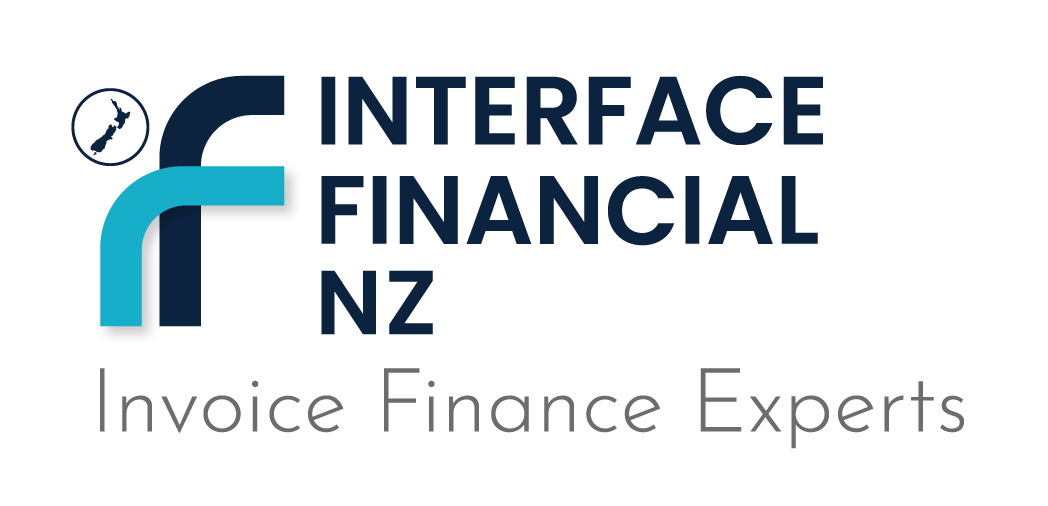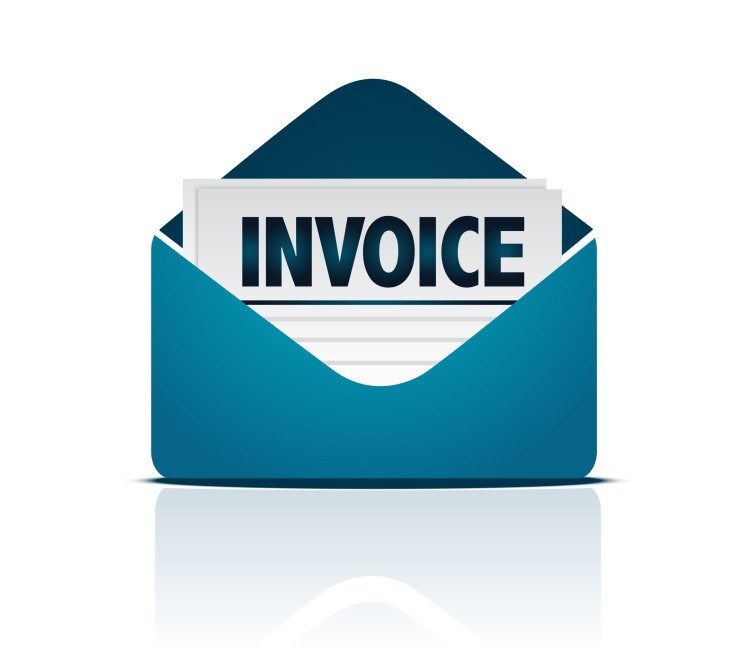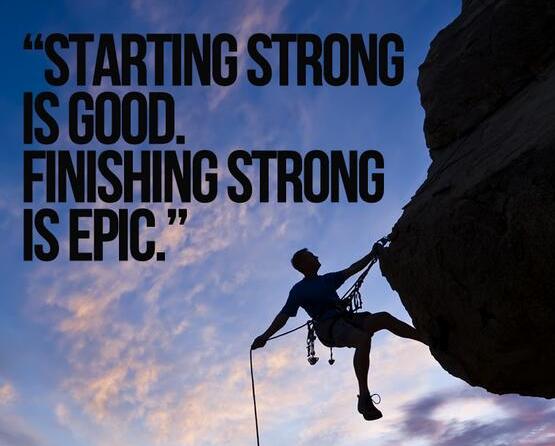HOW TO PREPARE FOR A JOB INTERVIEW OR PRESENTATION (July 18, 2018)
By Diana Thomson
Have you ever thought of the similarities between a job interview and a presentation?
The thought of a job interview makes 99% of us nervous. It’s the fear of the unknown, of a lot being at stake and of failure. Possibly even of the pressure of succeeding, because the outcome of the job interview could dictate the ‘rest of your life’.
While researching on issues around job interviews for applicants and the ways they could reduce nerves and anxiety, I came across endless similarities in public speaking and some great new hints and tricks. In many ways, you need to undertake the same preparation for a job interview as a presentation and you can use the same tools. Preparation for both will reduce nerves.
Simplified they are:
- Prepare yourself – be your own expert;
- Audience research;
- Prepare for questions;
- Prepare your transport and location issues;
- Practice techniques to reduce nerve; and
- Be yourself.
- If you are applying for a job and especially if you get an interview, you need to be your own expert.
You must know what you did and when and with who and why. When giving a presentation you need to know your subject matter, in most cases you will be the subject matter expert. By researching your topic and carefully planning what you want to present you will automatically be more confident and relaxed.
- In a presentation scenario, you should never underestimate the value of audience research.
Understand who is there and why. Do your research into what they are interested in, what they want to hear, or are they just there for the food! Do they know more about a certain aspect than you, or is it all completely new material? Will they understand acronyms and jargon?
In a job interview take the time to know more about the person (people) interviewing you and the company you are applying to. Review websites, LinkedIn profiles, industry magazines and newspaper articles. Figure out your areas of knowledge and experience and where you lack it. Look at national and global markets and trends.
- Questions and answers are a normal part of a job interview but surprisingly many candidates let themselves down with lack of preparation. Role play answering the obvious questions and some challenging ones, which will get you into the mindset. Short specific answers often don’t come naturally in an interview situation, so rehearsing them will help getting you the right amount of information quickly.
The parallels with a presentation are obvious. Often questions will be areas you only touched on but have more information on; have it ready and be prepared to answer quickly and accurately. A great presentation can be ruined with a long (possibly overtime) Q & A session.
- Preparing how you get there and what to expect.
Ideally you have time to do a real time run on getting to the interview location, allowing for transport issues either public or private. Allow time to regroup after travel time, stop in the restroom, and then get familiar with your surroundings. With a presentation this can be taken one step further with checking that the audio and visual (AV) works and that you have everything you need (including a glass of water on hand). Know the room layout, stage/ speaking area and who is sitting where.
- Even professional speakers get nervous. Many thrive on the rush of nerves which they have learned to channel into positive excited energy. Preparation and rehearsal reduce nerves.
Positive affirmations sound a bit simplistic, but if you control your thoughts your body can follow. Tell yourself you are ready and will succeed, imagine you get the job or a long loud applause from the audience. Imagine your head is an airport control tower and it will guide you like a plane at an airport – this could give you an edge over the nerves. Power posing before the presentation or job interview is proven to work really well. Try slow breathing through the nose.
But for those in either situation that have an attack of the nerves so badly that the hands are shaking I have found a great tip. Clench your buttocks. Yes, that’s right – squeeze your bum tight. Apart from distracting you it is apparently almost impossible to have shaking hands while clenching your Gluteus Maximus!
- Be yourself. Well who else are you going to be?
But be the best version of you, the happy, enthusiastic, interested and kind version. Having recorded myself in rehearsal for an event I realised that I wasn’t loud enough, enthusiastic enough and even worse I spoke so slowly the audience would get frustrated while I would run overtime. An interviewer and an audience want to see and hear you, not someone you are trying to be, they want you to do well. So, bring the best version of you.
The parallels don’t end there between presentations and job interviews; I am sure you can start to see many similarities. To sum up they would be research, preparation, and positive affirmations to be the best version of you.
Diana Thomson is director of SpeechMarks Coaching – www.speechmarks.co.nz – a consultancy specialising in teaching women how to be heard in their workplace, businesses and lives.




